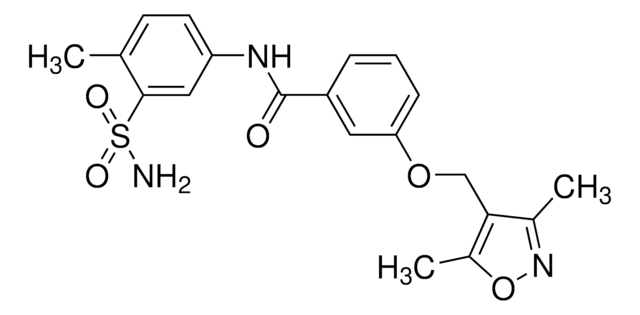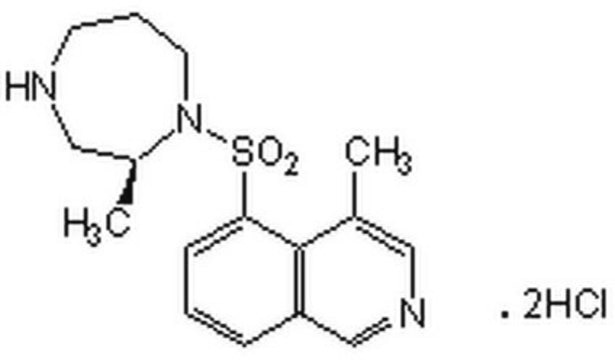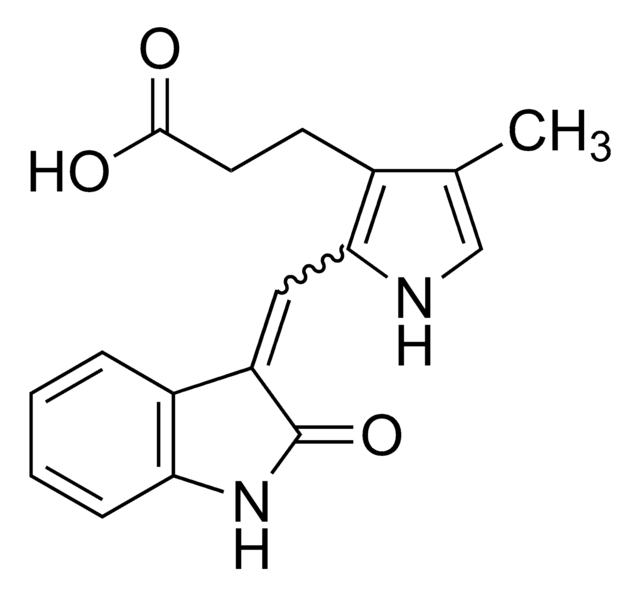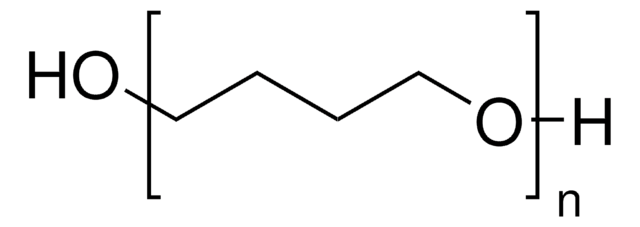AB5112
Anti-Parkin Antibody, a.a. 305-323
serum, Chemicon®
Synonym(s):
Anti-AR-JP, Anti-LPRS2, Anti-PARK2, Anti-PDJ
About This Item
Recommended Products
biological source
rabbit
Quality Level
antibody form
serum
antibody product type
primary antibodies
clone
polyclonal
species reactivity
rat, human
manufacturer/tradename
Chemicon®
technique(s)
ELISA: suitable
immunohistochemistry: suitable
western blot: suitable
NCBI accession no.
UniProt accession no.
shipped in
dry ice
target post-translational modification
unmodified
Gene Information
human ... PARK2(5071)
Specificity
Immunogen
Application
One site ELISA
Western blot: 1:1000 - 1:2000 (recognizes a doublet at 44-52 kDa on blots of human brain)
The immunogen peptide is available (cat# AG237) for pre-absorbtion controls.
Optimal working dilutions must be determined by the end user.
Neuroscience
Neurodegenerative Diseases
Physical form
Storage and Stability
Legal Information
Disclaimer
Not finding the right product?
Try our Product Selector Tool.
wgk_germany
WGK 1
flash_point_f
Not applicable
flash_point_c
Not applicable
Certificates of Analysis (COA)
Search for Certificates of Analysis (COA) by entering the products Lot/Batch Number. Lot and Batch Numbers can be found on a product’s label following the words ‘Lot’ or ‘Batch’.
Already Own This Product?
Find documentation for the products that you have recently purchased in the Document Library.
Our team of scientists has experience in all areas of research including Life Science, Material Science, Chemical Synthesis, Chromatography, Analytical and many others.
Contact Technical Service







